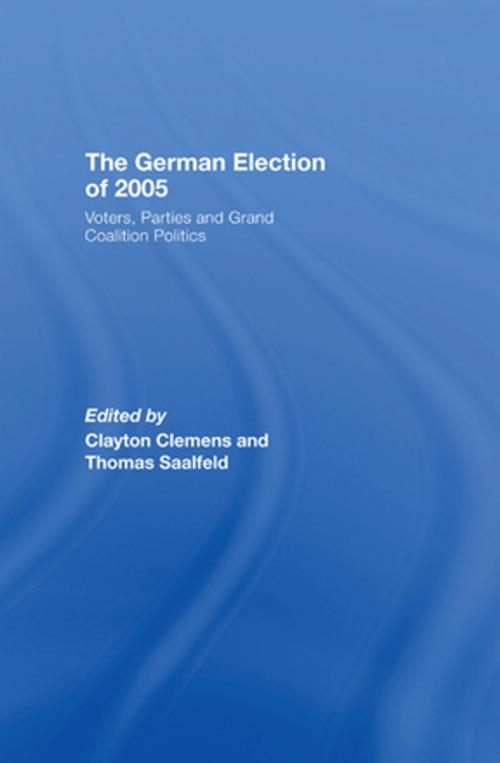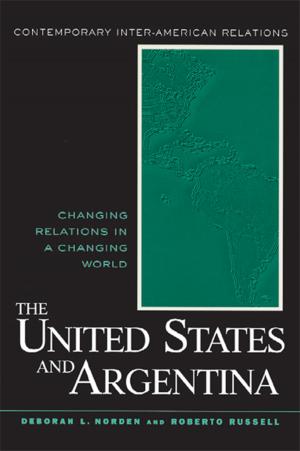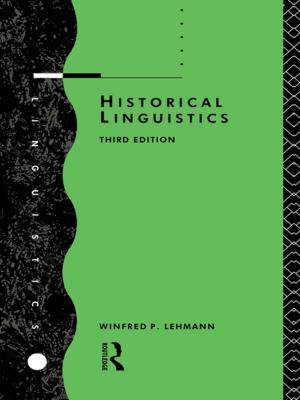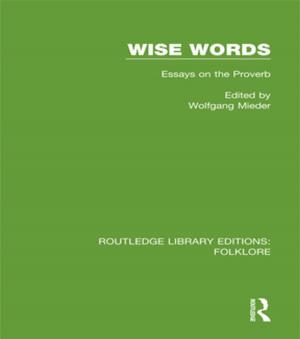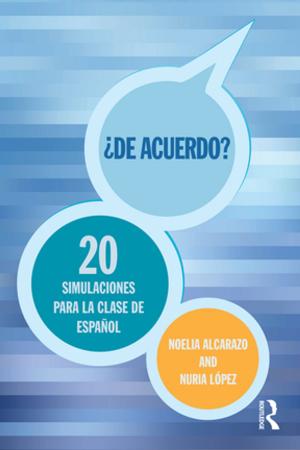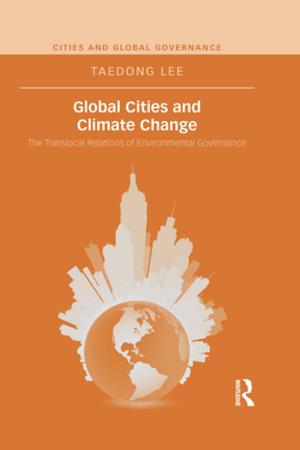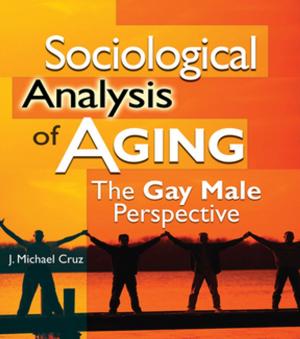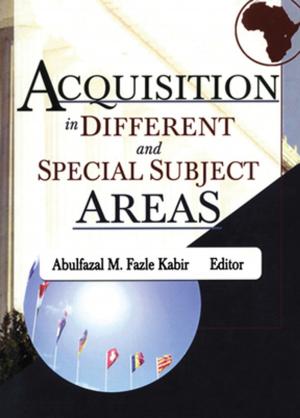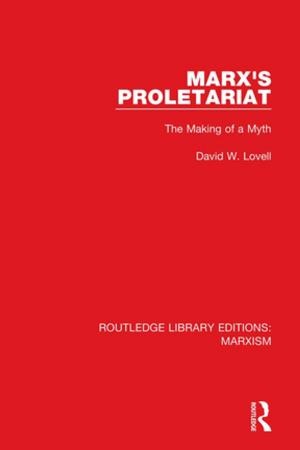The German Election of 2005
Voters, Parties and Grand Coalition Politics
Nonfiction, Social & Cultural Studies, Political Science, Social Science| Author: | ISBN: | 9781317969105 | |
| Publisher: | Taylor and Francis | Publication: | October 31, 2013 |
| Imprint: | Routledge | Language: | English |
| Author: | |
| ISBN: | 9781317969105 |
| Publisher: | Taylor and Francis |
| Publication: | October 31, 2013 |
| Imprint: | Routledge |
| Language: | English |
The election of 2005 changed Germany’s political ‘landscape’. The combined share of the vote gained by the two major parties fell below 70 per cent, eliminating the option of a coalition between one of the two major parties (Christian Democrats and Social Democrats) with one of the smaller parties – the traditional pattern of government that had dominated German post-war politics since the late 1950s. The election resulted in the first national ‘Grand Coalition’ of the two major parties since 1969.
While some have seen this government, elected in November 2005 and headed by the Christian Democrat Angela Merkel, as the symptom of a crisis of the traditional post-war German party system, others have highlighted the opportunities it opens up for constitutional and policy reform as Merkel’s ‘Grand Coalition’ controls an overwhelming majority of the votes in both houses of the German legislature.
The German Election of 2005 analyses the road to the 2005 election and provide in-depth studies of the campaign and candidates, of voting behaviour and immediate consequences of the election, with contributions from leading experts from Germany, the United Kingdom and the United States. The findings are informed by theoretical and empirical work in the comparative study of parties and elections offering a nuanced, empirically rich picture of continuity and change in German electoral politics.
The election of 2005 changed Germany’s political ‘landscape’. The combined share of the vote gained by the two major parties fell below 70 per cent, eliminating the option of a coalition between one of the two major parties (Christian Democrats and Social Democrats) with one of the smaller parties – the traditional pattern of government that had dominated German post-war politics since the late 1950s. The election resulted in the first national ‘Grand Coalition’ of the two major parties since 1969.
While some have seen this government, elected in November 2005 and headed by the Christian Democrat Angela Merkel, as the symptom of a crisis of the traditional post-war German party system, others have highlighted the opportunities it opens up for constitutional and policy reform as Merkel’s ‘Grand Coalition’ controls an overwhelming majority of the votes in both houses of the German legislature.
The German Election of 2005 analyses the road to the 2005 election and provide in-depth studies of the campaign and candidates, of voting behaviour and immediate consequences of the election, with contributions from leading experts from Germany, the United Kingdom and the United States. The findings are informed by theoretical and empirical work in the comparative study of parties and elections offering a nuanced, empirically rich picture of continuity and change in German electoral politics.
